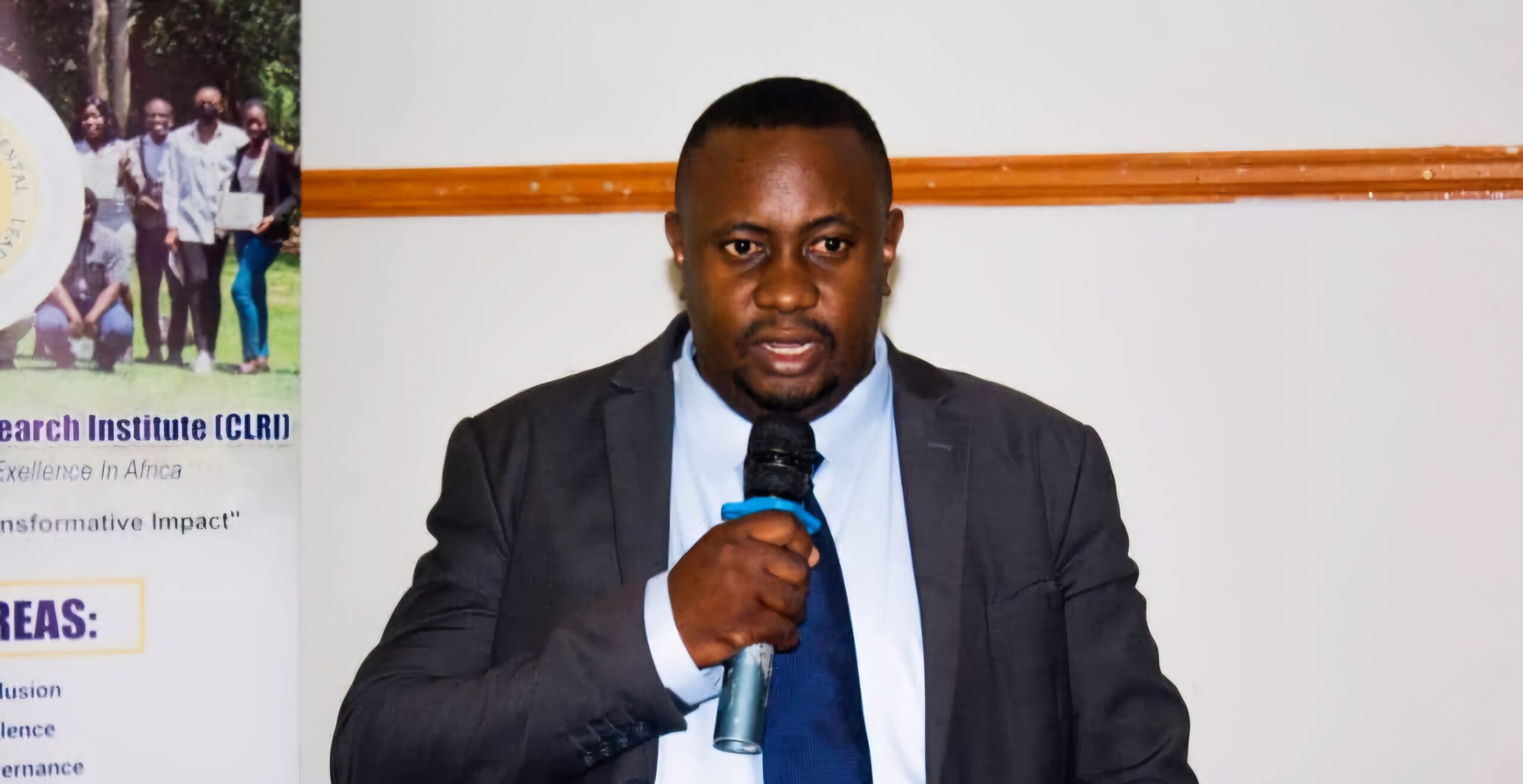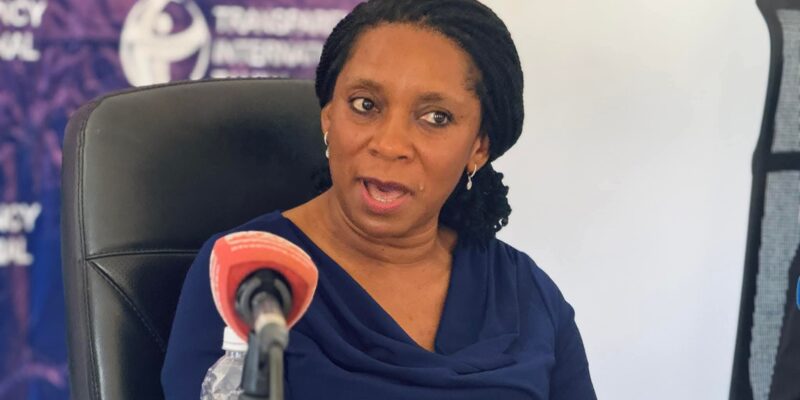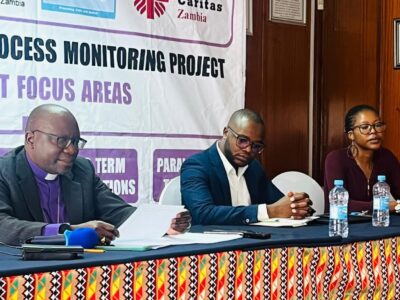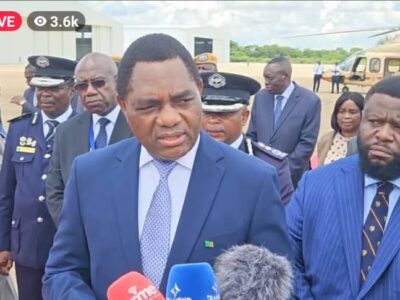Transparency International-Zambia (TI-Z) has called on the government to urgently implement the Public Audit Act of 2016 and the State Audit Commission Act of 2016.
TI-Z president, Priscilla Chansa, underscored the importance of these laws in ensuring the administrative and financial independence of the Office of the Auditor General, describing it as a cornerstone of public accountability.
In an interview with Zambia Monitor in Lusaka on Tuesday, Chansa stressed that strengthening the Auditor General’s Office was not just a constitutional requirement but a critical step toward safeguarding public resources and improving governance.
“Several promises of governance reforms made by the UPND administration remain largely unfulfilled, despite repeated commitments at various international and local platforms,” Chansa said.
She highlighted stalled constitutional reforms, a key pledge in the 8th National Development Plan, and criticised the lack of transparency surrounding the government’s roadmap, which she said had deepened public skepticism.
“This opacity has left stakeholders in the dark and raises doubts about the sincerity of the government’s commitment to such a critical undertaking,” she stated.
Chansa urged the government to provide a clear roadmap for the constitutional reform process and, if deemed a lower priority, engage the Zambian public in an open conversation to dispel speculation.
The TI-Z president also criticised the administration’s failure to implement asset declarations and lifestyle audits, calling it a missed opportunity to enhance transparency and accountability.
While acknowledging progress under Operation Recovery, Chansa said the absence of a comprehensive asset declaration framework undermined efforts to hold public officials accountable, including the President and Vice President.
“We reiterate our call for the enactment of a comprehensive asset and liability declaration law to address this critical area,” she appealed.
Chansa reminded the government of Parliament’s December 2021 resolution, moved by Mwembeshi UPND MP Machila Jamba, to introduce lifestyle audit legislation. She emphasized that no such Bill has been tabled to date, urging the government to fulfill this commitment in the coming year.

Meanwhile, the Continental Leadership Research Institute (CLRI) has called attention to unresolved governance issues in Zambia, warning that delays and inefficiencies continue to undermine efforts to strengthen accountability, transparency, and inclusivity.
CLRI Executive Director, Mundia Hakoola, reflected on the progress and setbacks in governance during the year, identifying key concerns such as the prolonged delays in the constitution-making process.
Hakoola warned that the absence of a clear and inclusive roadmap for the process risks eroding public trust.
“CLRI urges the government to prioritize this issue, ensuring the process is consultative, transparent, and reflective of the will of the Zambian people,” he said.
He also criticised the delay in appointing the Anti-Corruption Commission (ACC) Board, noting that it undermines Zambia’s anti-corruption efforts and economic stability.
“Corruption erodes public trust, hampers development, and exacerbates inequality. The government must expedite the appointment of a competent and independent board to strengthen the fight against corruption,” Hakoola added.
Addressing youth and women’s underrepresentation in decision-making, Hakoola emphasized the need for deliberate measures to boost inclusivity.
“A governance system reflecting Zambia’s diversity requires active participation from youth and women in public office and policymaking,” he said.
Hakoola also stressed the urgency of electoral reforms to enhance the credibility of Zambia’s elections.
He called for transparency in campaign financing and reforms to strengthen the integrity of democratic processes.
Additionally, he raised concerns over fiscal accountability, urging improved public expenditure tracking and transparency in Constituency Development Funds (CDFs).
The CLRI also expressed alarm over restrictions on fundamental freedoms, including freedom of expression, assembly, and the press.
“A democratic society thrives when these rights are protected. The government must ensure that citizens can participate freely in governance without fear of repression,” Hakoola stated.
The institute urged civil society organizations to remain vigilant and advocate for greater accountability in governance.
WARNING! All rights reserved. This material, and other digital content on this website, may not be reproduced, published, broadcast, rewritten or redistributed in whole or in part without prior express permission from ZAMBIA MONITOR.












Comments